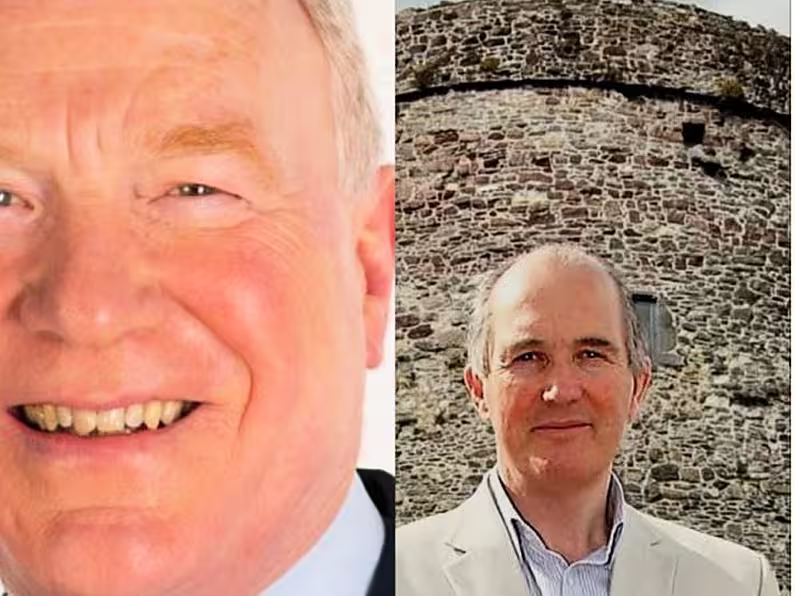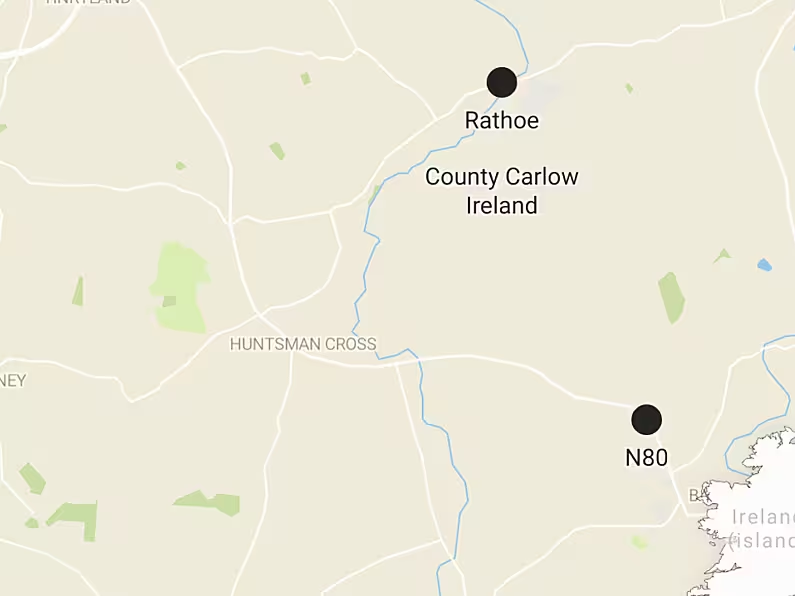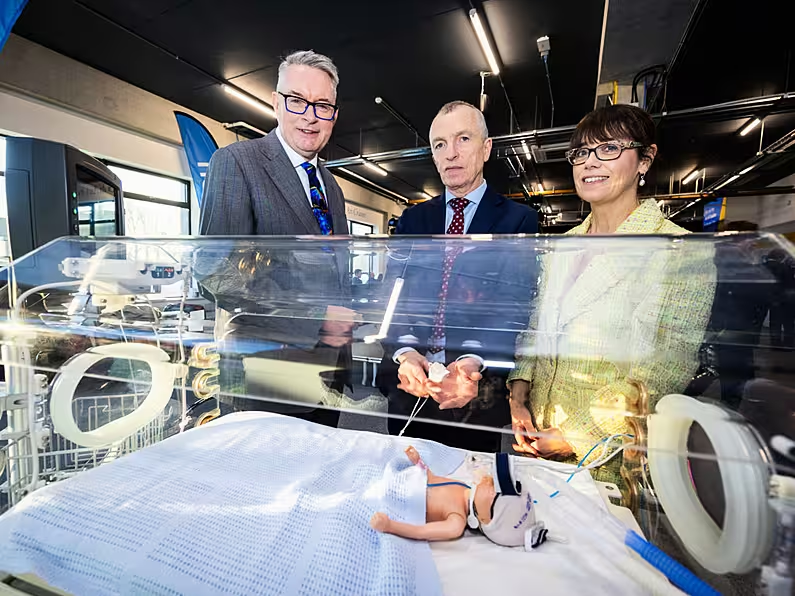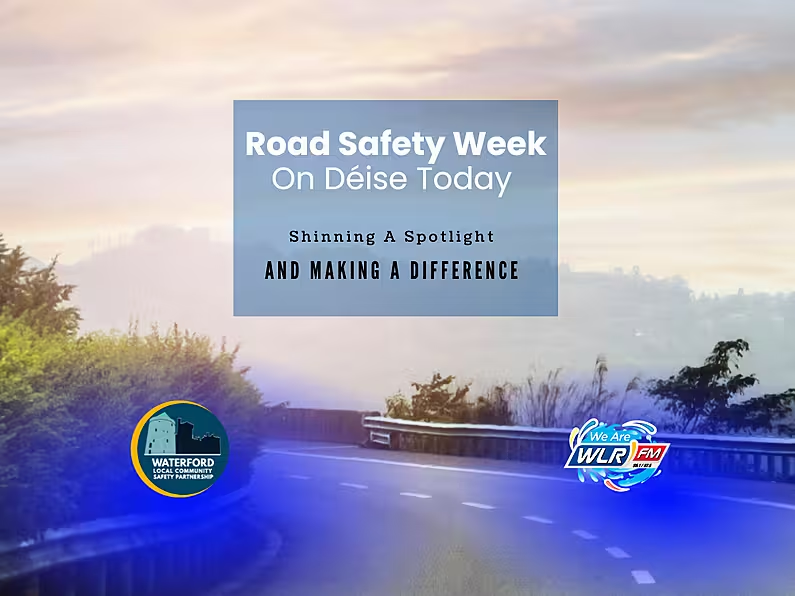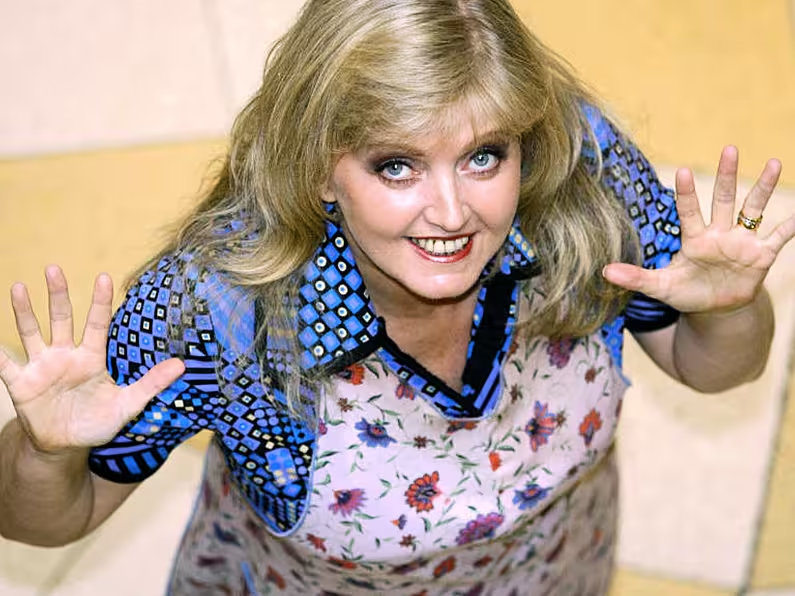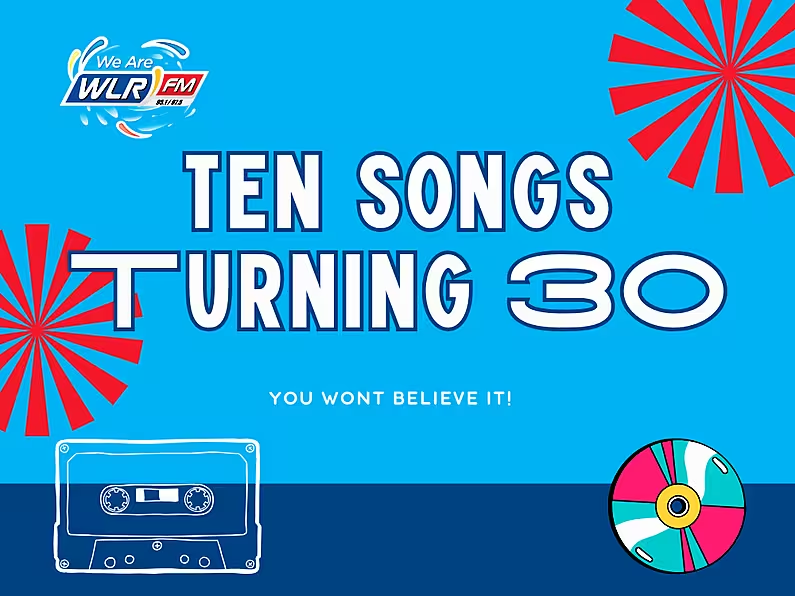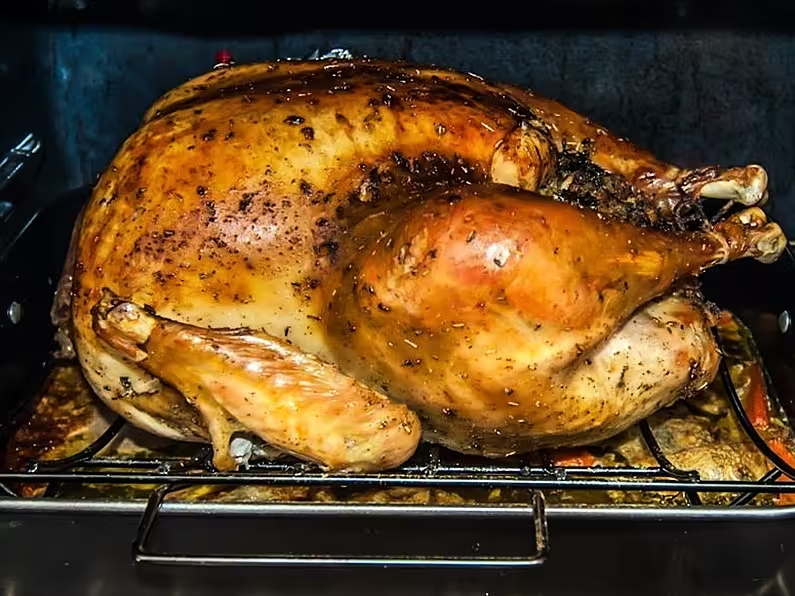Sustainable trends across most areas of our lives are growing, but it's high time - we got some stark news about the future of our planet in 2021. The IPCC report on climate change warned us that unless we act now, humanity and our ecosystem are in serious trouble.
With that in mind, what are some trends we are likely to see in 2022, when it comes to sustainability?
More and more people shopping locally
If the last couple of tough years have taught us anything, it's that we want to support local businesses wherever possible. The benefits of this are two-fold, as well as supporting the economy, we're reducing our carbon footprint by sourcing Irish products.
2020 research carried out on behalf of the Local Enterprise Offices as part of their “Look for Local” campaign showed that 82% of Irish consumers were more likely to buy local, either online or in-store compared to 2019.
85% of those surveyed felt there were more local businesses trading online than in 2019, while 83% plan to support more local businesses in 2021. It's expected that this trend will grow and continue in 2022, and you only have to look towards Waterford, and all the new business that sprung up in the past year, to see these patterns emerge.
Rise in people ditching fully fossil-fuel powered cars
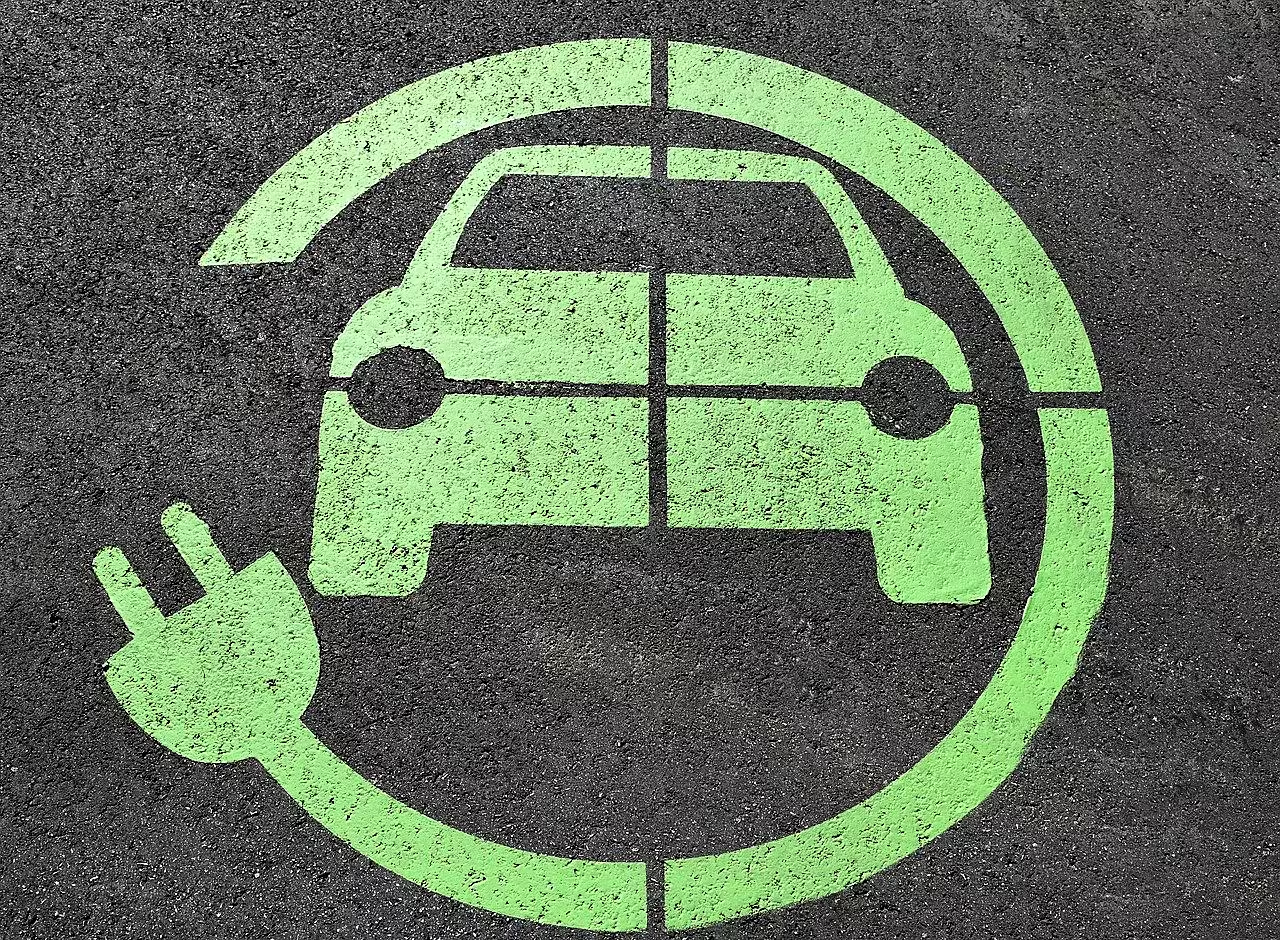
While government plans to have one million electric vehicles on Irish roads by 2030 has been deemed unrealistic, there are certainly strong trends emerging which show that the average car-owner is conscientious about sustainable transport.
Only one-third of drivers plan to buy another standard petrol or diesel car, according to a recent poll by AA Ireland, but most of those who change will choose a hybrid rather than a fully electric car.
The majority of the 8,241 drivers surveyed said that their next vehicle would not be a traditional ICE (internal combustion engine) vehicle, but most are still reluctant to move to a fully electric vehicle.
The majority of the drivers polled currently own a petrol (39%) or diesel (51%) car, and just 34% of these drivers said they would buy another such vehicle.
2 in 5 (40%) of the current ICE drivers will go for a hybrid car next, compared to just 1 in 8 (12.5%) who say they’ll pick an EV.
90% of current EV owners plan to buy another EV, and 99% would not go back to ICE.
1 in 3 current hybrid owners says they will move to fully electric next time, while a further 60% plan to buy another hybrid. Only 1.8% of hybrid drivers say they are planning to buy a traditional petrol/diesel vehicle again.
Sustainable trends in food

Waterford now has two shops that operate a plastic-free ethos; YouMe on the Quay in the City, and The Greenway Eco Store in Dungarvan. Both of these shops sell products free from packaging and customers are encouraged to bring their own refill containers. It's likely we'll see more and more of these types of stores in the future, as the food shopper becomes increasingly conscientious.
The trend of people giving up meat in favour of vegan and vegetarian diets is also expected to rise during 2022. While this is a contentious issue in Ireland, where beef and dairy farming are vital parts of the economy, the numbers of people switching to vegetarianism and veganism is nonetheless on the rise.
The predicted trends are based on changes in the market in recent years. As far back as 2018, Bord Bia found that 4.1% of the Irish Population, or 146,426 adults, followed a vegan diet, and that the majority of these adults, 54%, were aged 18 - 34, which shows that these statistics are likely to rise.
In a response to a growing demand for alternatives to milk, Flahavan's, based in Kilmacthomas, launched its own range of oat milk. Deliveroo saw plant based food orders rise by 187% during the COVID-19 lockdown period, and Irish Meat and Dairy company The Kerry Group launched a range of plant based proteins to meet consumer demand.
Sustainable trends in the fashion industry

Trends show a rise in the popularity of shops selling pre-loved clothes, and 2022 is likely to see more of the same. In recent years in Waterford we've seen the arrival of Old Soul Vintage in Tramore and Out of the Clozet in Lismore. In addition, The Second Coming, which is c0-run by Waterford native Judy Walsh, sells pre-loved designer clothes and has ran successful pop-ups locally and around Ireland.
One of the most significant developments in terms of High Street fashion is the move by Primark (Penneys in Ireland) to do more about sustainability. The retail giant has pledged to ensure all its clothes are made using recycled or more sustainably sourced materials by 2030. Significantly, all men's, women's and children's entry price point T-shirts will move to being made with sustainably sourced cotton over the next year. In October 2021, Penneys launched a new clothes and textile recycling scheme in its 36 stores nationwide, including in Waterford.
With Primark making such bold moves, it's likely other high street chains will follow suit in 2022.
Where we can do better

While many of the trends point towards positive changes in terms of sustainability, we still have a long way to go and there are many areas where we can do better. In December 2021, the EPA (Environmental Protection Agency) released some stark statistics about waste generation in Ireland. Waste continues to rise while recycling rates are falling:
- Waste generation in Ireland increased significantly in 2019.
- Municipal waste increased by 6 per cent to 3.1 million tonnes,
- packaging waste increased by 11 per cent to 1.1 million tonnes,
- hazardous waste increased by 10 per cent to 0.6 million tonnes and
- construction waste increased by 2.6 million tonnes to 8.8 million tonnes.
- Ireland’s recycling rates for municipal waste and packaging waste have declined, with more waste being sent for energy recovery
- Ireland faces a widening gap to meet ambitious new EU recycling targets from 2025 onwards.
The EPA says to address Ireland’s rising waste volumes and falling recycling rates, we need to transform existing business models into circular ones that promote waste reduction, reuse and recycling.





